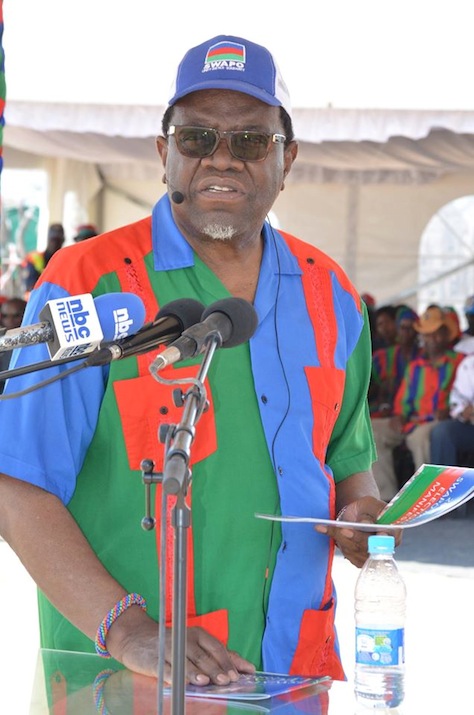Among the far-flung corners of Africa, Namibia doesn’t receive an incredible amount of attention.![]()
That’s largely because it’s one of sub-Saharan Africa’s most economically and politically stable countries. A former German colony and, between World War I and 1990, a territory governed by apartheid South Africa, Namibia won its independence just 24 years ago, and it has avoided many of the post-independence horrors of its neighbors.
Instead, it has become as strong a model for African governance as just about any other country. Linked to the anchor of South Africa’s economy and with a balanced mix of manufacturing, mining (chiefly uranium and diamonds) and agriculture, Namibia developed strong governance institutions. It’s ranked among the least corrupt countries and Africa and, according to Transparency International’s 2013 corruption perceptions index, at No. 57 globally, Namibia does better than many European and Latin American countries. With a GDP per capita of around $5,600, it’s well within the ranks of middle-income countries.
With just 2.1 million people in a country that’s largely filled with sand dunes and desert, Namibia has one of the world’s lowest population densities (second only to Mongolia).
Independence was hard-fought, however, the result of a 24-year war waged by what was then the South West Africa People’s Organization (SWAPO), in reference to Namibia’s colonial name. After 1990, SWAPO reorganized itself as the predominant political party in the newly christened Namibia.
One of SWAPO’s pro-independence leaders, Sam Nujoma, who had lived in exile for nearly three decades, returned to become Namibia’s first democratically elected president from 1990 to 2005. His successor, Hifikepunye Pohamba, has governed Namibia ever since.
Pohamba’s prime minister — and Namibia’s prime minister between 1990 and 2002 — Hage Geingob (pictured above) is almost assured to be the winner in Saturday’s election. Geingob, at age 73, will complete the trio of SWAPO veterans from the independence struggle governing Namibia. During the fight for independence, Geingob led the United Nations Institute for Namibia and, like Nujoma, travelled extensively to make the international case for Namibian independence from South Africa. Unlike Nujoma and Pohamba, Geingob is not part of the Ovambo ethnic group that comprises around half of the country’s population, but instead from the Damara group, which predominates in northwestern Namibia and comprises just 8.5% of the population. Continue reading SWAPO leads in early vote count in Namibia
